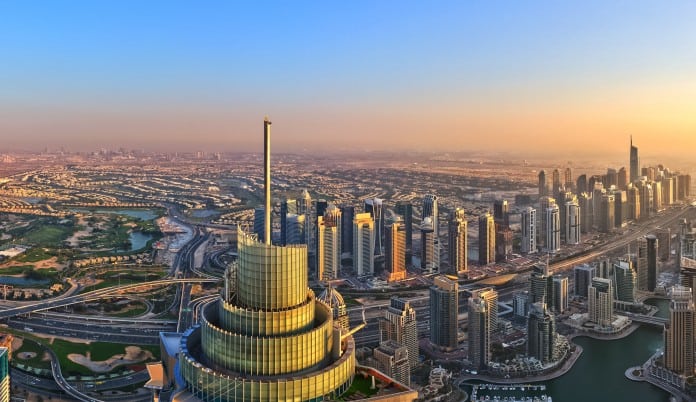
While reports from developers and analysts report that Dubai’s real estate market is down, according to industry experts transactions are still happening although these transactions are smaller and take longer to complete.
Data released by Dubai Land Department recently showed more than Dh68 billion of deals was struck in the first 53 days of 2016 while the department predicts a total Dh300 billion ($81.6 billion) of transactions over the course of the year. Land and commercial transactions still post the highest numbers.
There are two distinct property markets in Dubai – the investment market and the end-user market. While the investment market is constantly analysed and discussed, the end-user market is less popular topic despite that the current transactions are happening mostly within the end-user residential market.
The current state of Dubai’s real estate market can be described as the evolution of a mature property market, where people are buying homes to live in after renting for a few years, then going on to sell those homes and upgrade to larger properties, creating a mature property cycle. It’s a fact people are buying homes, but now these properties are smaller and cheaper than in the past years.
The Relevance of Oil Prices
Oil prices have a macro effect on markets and play a major role in the dynamics of the region. As long as the old prices remain low, the regional real estate markets will remain depressed as investors and end-users’ sentiment is negative and the buyers from the both categories are generally discouraged from placing their assets here.
It’s important to segregate the markets into investment and off-plan sectors versus end-users and ready properties. Oil plays a bigger factor in the investment market, because property and especially off-plan purchases are generally motivated by turning a profit. At present, investors are holding back to see how markets react.
The end-user market is much smaller and it is often overlooked when analysing market conditions. The typical buyers are looking for one or two bedroom apartments or smaller houses. As the availability of high-paid jobs is very limited, the active buyers are not big spenders, but rather ordinary young families or single professionals.
How does the oil price affect someone who works in the aviation industry? How does it affect a teacher or someone who works in media? The low oil price generally has a negative impact on people’s confidence about their future. When they see that the revenues of the company where they work decline, they hesitate from long-term commitments such as undertaking of mortgage. Still, there are people who are buying because they need a home for their family and owning one is the logical step to take. Maybe they need the extra bedroom because they’re expecting a child, or maybe they are downgrading or moving to another area to be closer to schools or work. None of these reasons will deter the decision to purchase a new home based on the oil price.
However, it is very important here to consider the transit nature on Dubai where the majority of the residents are expats, and most of them return to their home countries sooner or later.




































